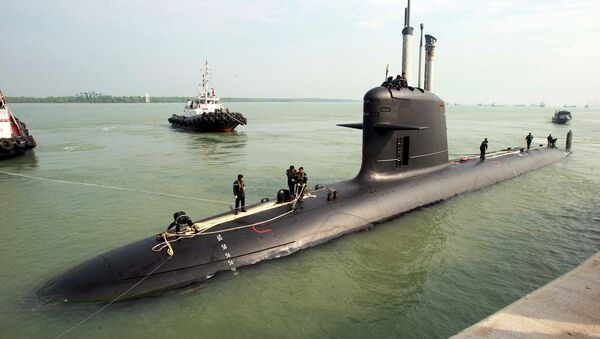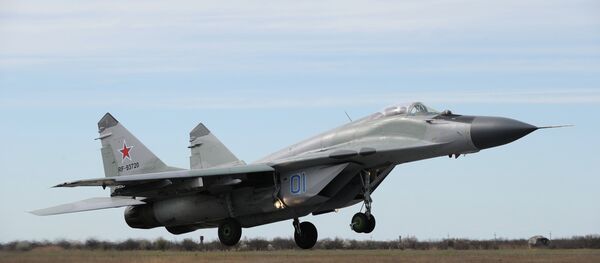“Have viewed the leak of the Scorpene data very seriously. We have asked DCNS to launch an urgent investigation. We have ourselves set up a high level committee to investigate into this. Based on the report of the committee, we will see what mitigation measures need to be taken," said Chief of Naval Staff, Admiral Sunil Lanba said in an official statement.
Meanwhile, the developments related to this data leak have prompted speculation that the leak was a result of a corporate war, as opposed to the Indian Government’s description of the incident as a ‘case of hacking.’
“Present evidences suggest that this may not have been a case of hacking at all. First, the documents released are nearly all scanned copies of a printed manuscript which appears to be an operational manual. It is reasonable to assume that if hackers were involved, original PDF documents would have been made public,” commented Naval Commander Abhijeet Singh (Retired).
Contradicting the Indian government and the Indian Navy’s denial of any serious consequences of the leak, Singh says the leak is extremely sensitive in nature.
“Not only would this information be useful for an adversary in developing tactics to combat the Scorpene, it also appears to nullify its stealth capacity and secrecy; the holy grail of submarine operations,” said Singh.
The current pact between India and French manufacturer DCNS allows India to invoke a non-disclosure clause of the Scorpene submarine contract, enabling it to forfeit the guarantee to the tune of $2.7 billion, but in the absence of clarity in the contract, all seems impossible.
“There is nothing really India can do about it now,” says Singh.




